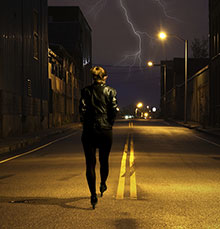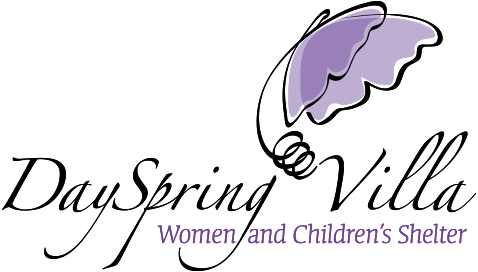Human sexual trafficking is defined as the exploitation of human beings through force, fraud or coercion for the purpose of sexual slavery in exchange for goods or money.
Trafficking humans has become a global, lucrative industry where children, teenagers, and young adults are kidnapped, smuggled, or lured into organized rings that often involve drugs and weapons. The latest reports on trafficking indicate that it is the second most profitable, illegal industry in the world, earning more than $32 billion a year. According to government agencies, there are approximately 27 million people around the world who serve as human slaves – more than any time in history.

The commercial sexual exploitation of children and young adults includes prostitution and pornography, with the countries of Brazil and Thailand sharing the dubious distinction of having the worst trafficking records. Internationally, victims are generally the product of dire situations, principally poverty, which puts them at risk by their families as a means to earn money or pay off debts.
In the United States, young children are often "sold" by an impoverished parent or parents for the purposes of Internet pornography. Smuggling international children across the border is also prevalent.
Teens and young adults are lured into organized rings through Internet advertisements that offer money, travel, and a luxury lifestyle, or through encounters with strangers at parties, nightclubs, or other social venues. They are forced into prostitution, pornography, dancing at strip clubs, or work in the sex film industry. These victims statistically come from a troubled home, are homeless themselves, are runaways, have drug or alcohol addictions, or are looking for an escape from their current situation. For traffickers, they are easy prey with limited opportunities for education or employment.
